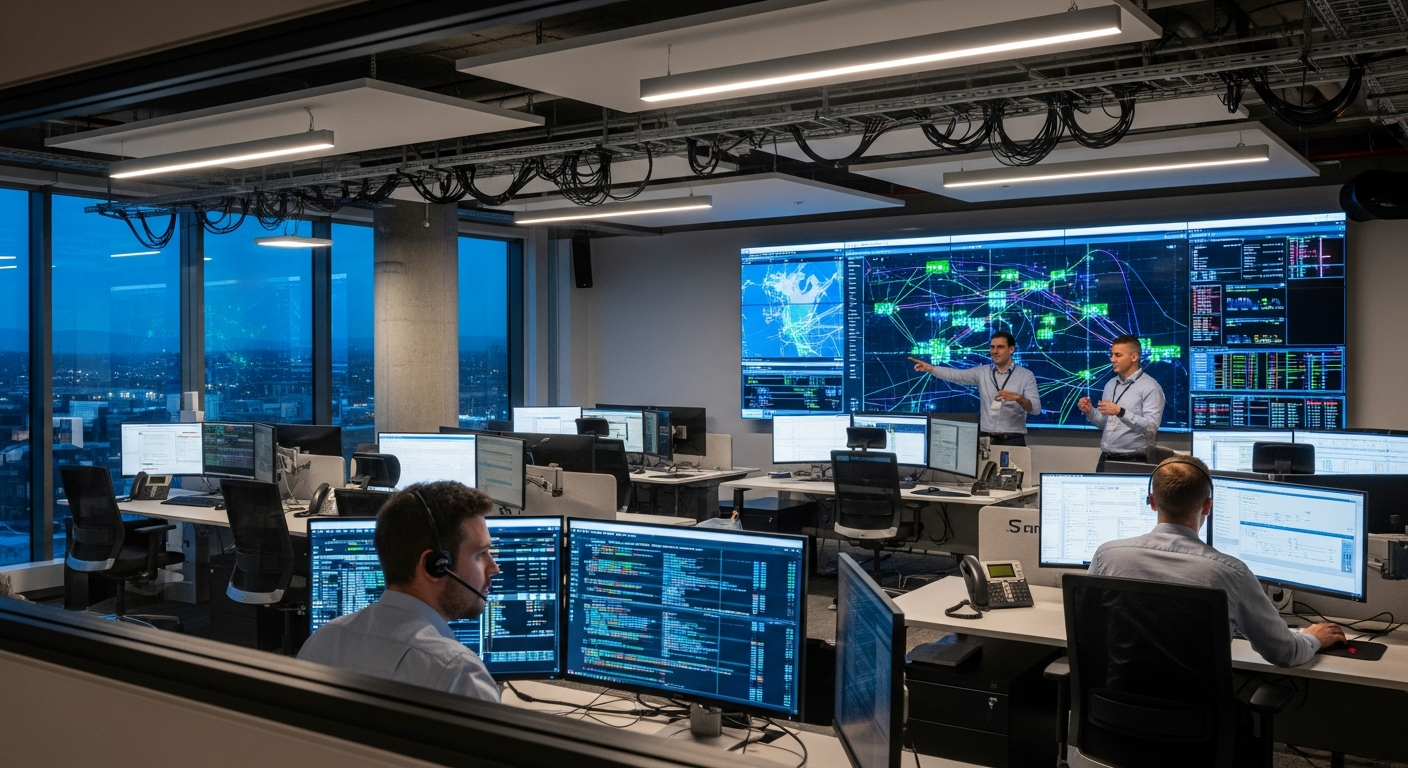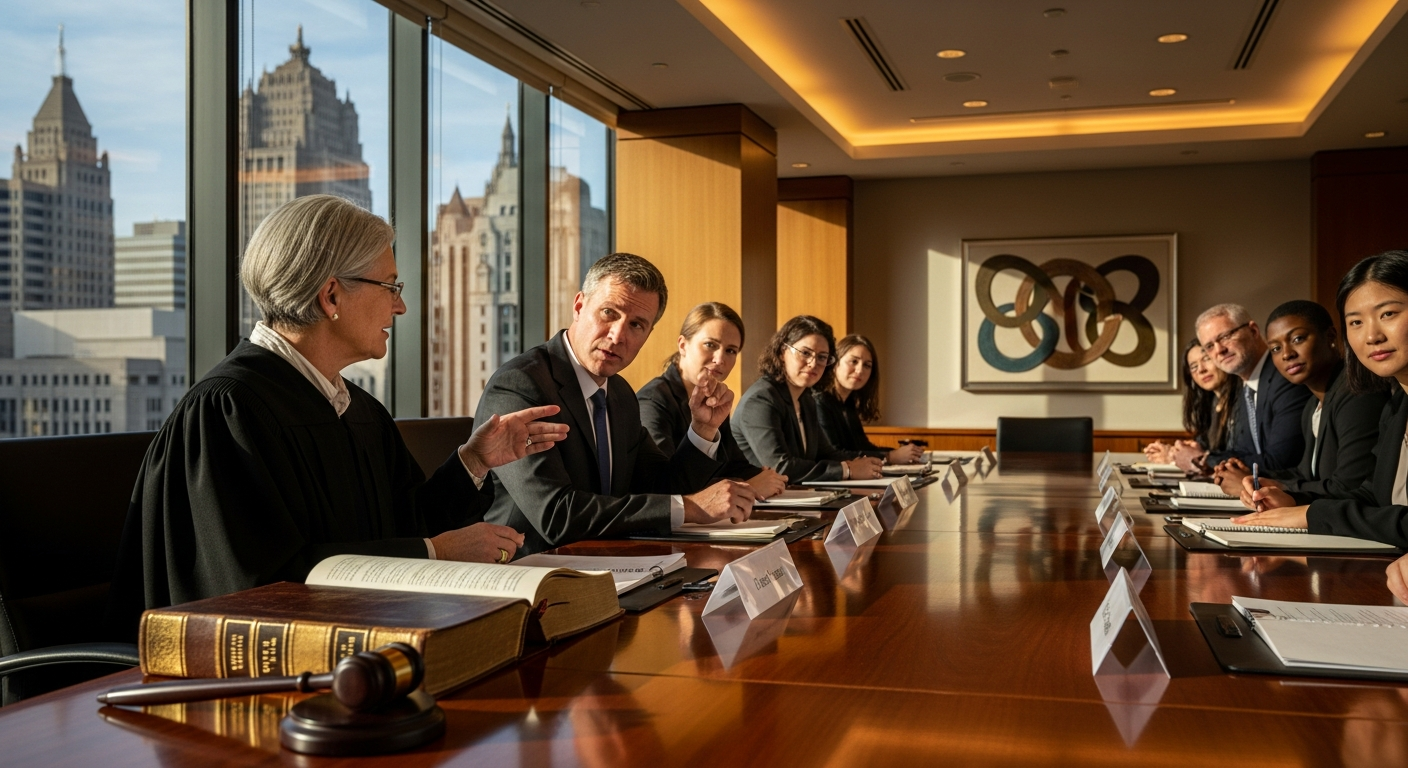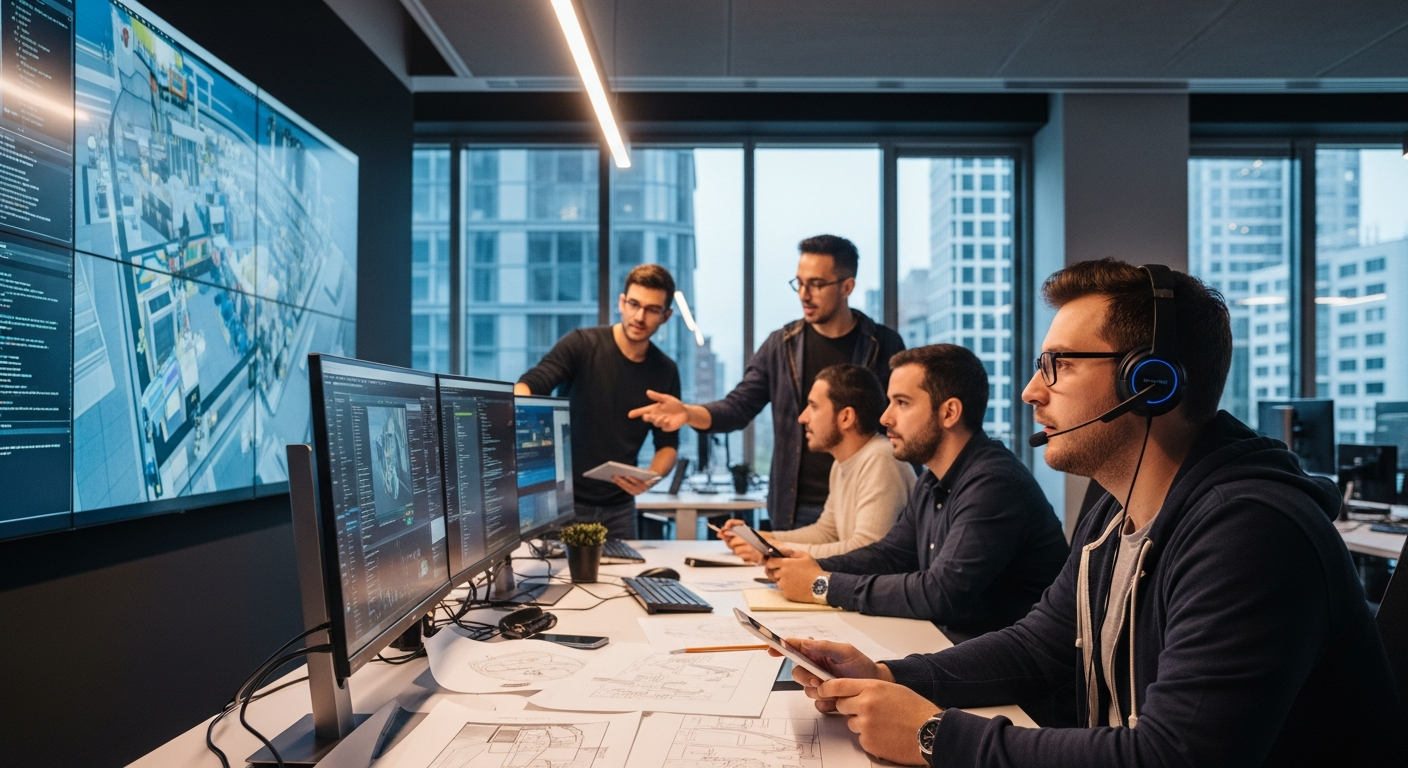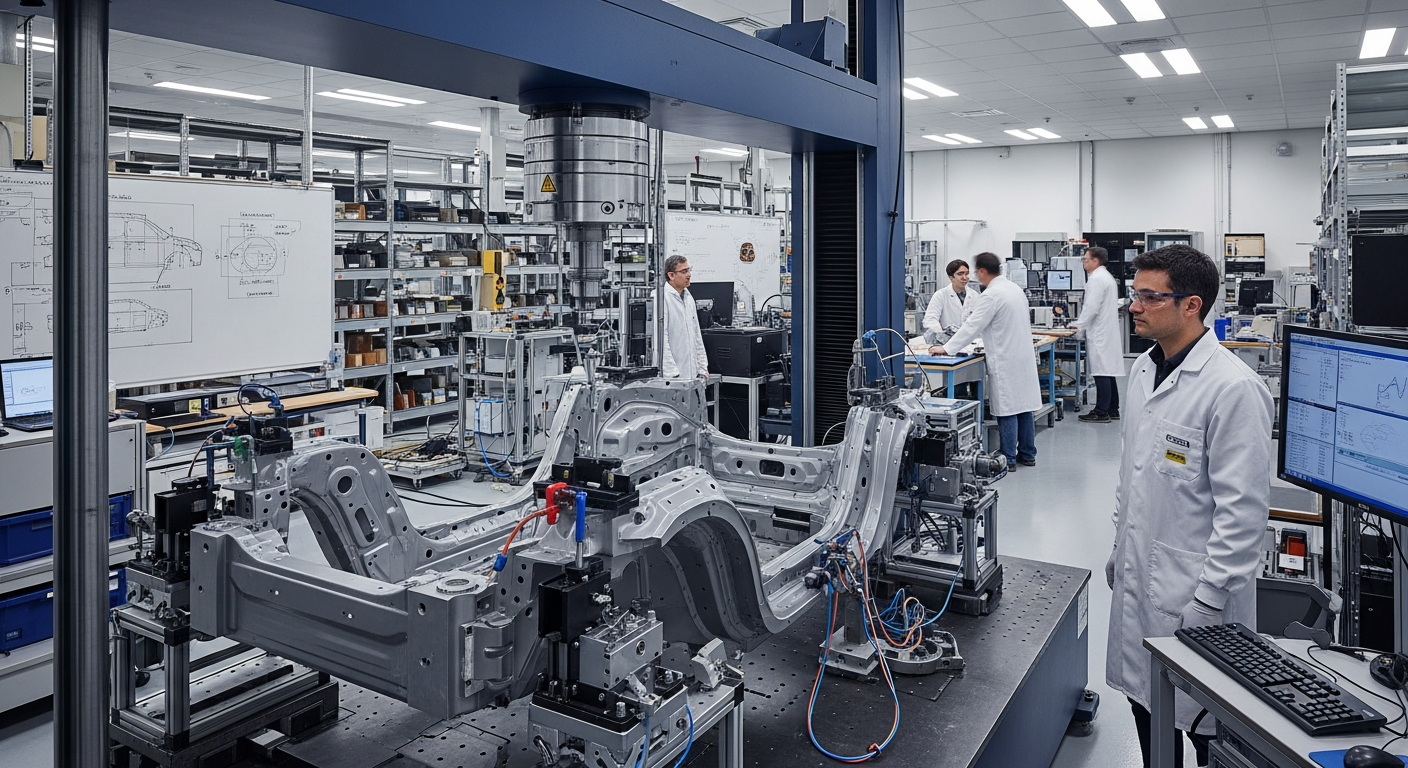Bleisure Travel: Merging Business and Leisure for the Modern Professional
The rise of remote work combined with post-pandemic travel enthusiasm has created a perfect storm for bleisure travel—the art of combining business trips with leisure experiences. This growing trend represents more than just adding a weekend to your work trip; it's a fundamental shift in how professionals approach corporate travel. As companies become more flexible and employees seek better work-life integration, bleisure travel has evolved from a niche practice to a mainstream approach embraced by travelers across generations. The phenomenon reflects deeper changes in workplace culture, with organizations increasingly recognizing that allowing employees to explore destinations can lead to greater job satisfaction and productivity.
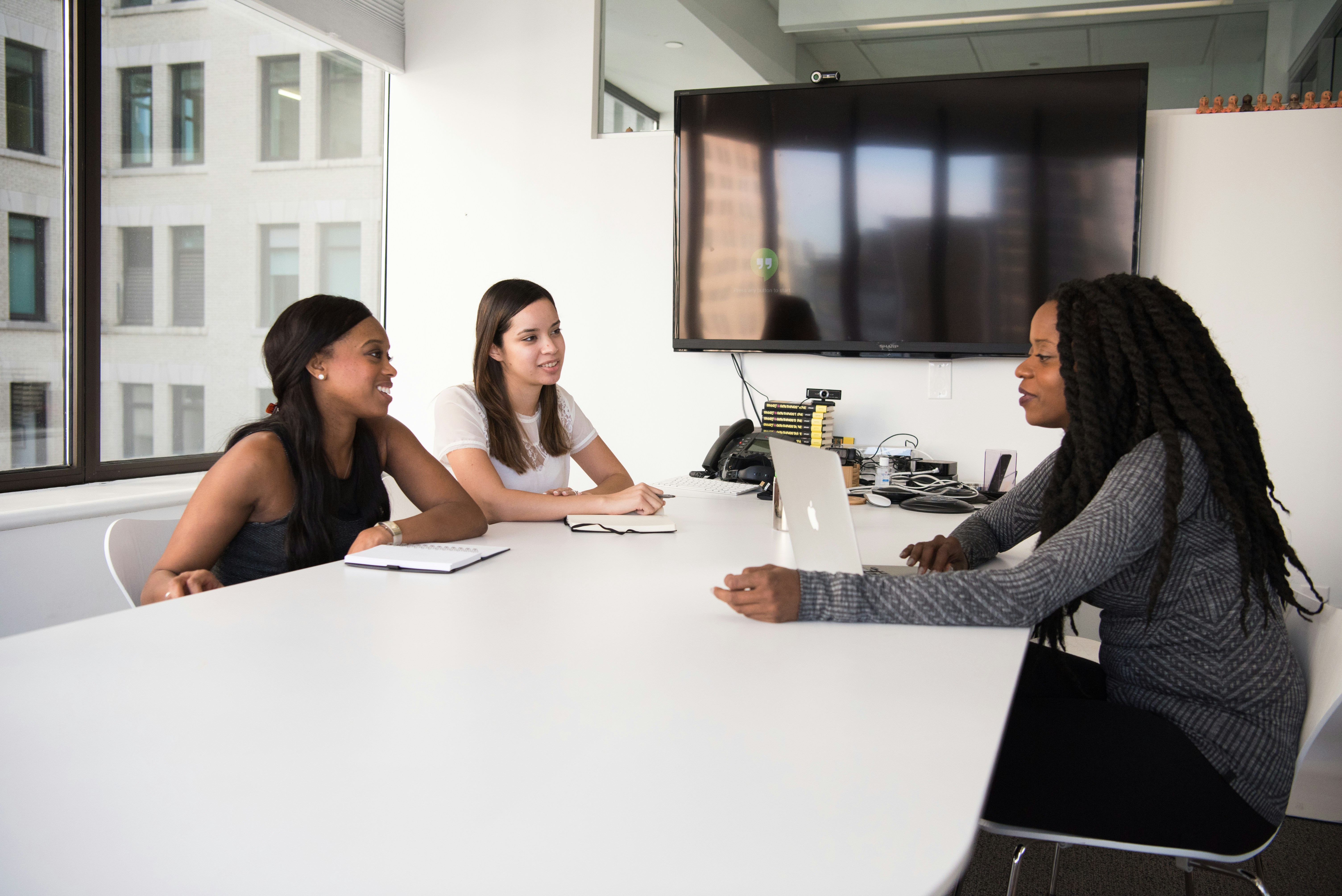
The Evolution of Business-Leisure Integration
Bleisure travel isn’t entirely new, but its current manifestation represents a significant evolution. Historically, business travelers might occasionally extend trips by a day or two for personal exploration. Today’s bleisure travelers, however, are strategically planning extended stays, bringing family members along, and integrating authentic local experiences into their work commitments.
The pandemic accelerated this trend dramatically. When business travel resumed after COVID-19 restrictions eased, companies and employees alike reconsidered the purpose and structure of work trips. With remote work normalized, the rigid boundaries between professional and personal time had already blurred. This created perfect conditions for bleisure to flourish as travelers sought to maximize the value of each journey.
Current statistics reflect this shift, with some studies indicating that over 60% of business trips now include some leisure component, up from approximately 30% pre-pandemic. Most notably, younger professionals are driving this trend—millennials and Gen Z workers often consider bleisure opportunities when evaluating job offers and assignments.
Crafting the Perfect Bleisure Experience
Successful bleisure travel requires thoughtful planning to balance professional obligations with personal exploration. The most effective approach typically involves bookending business commitments with leisure time rather than attempting to squeeze sightseeing between meetings.
Start by assessing the destination’s potential. Major business hubs often offer rich cultural experiences worth exploring. Consider adding 2-3 days before or after your business commitments, depending on the location’s appeal and your available time. Pre-trip research focused on local experiences rather than tourist attractions can transform even short extensions into meaningful adventures.
Accommodation selection becomes particularly important for bleisure travelers. Business hotels in downtown districts might be convenient for meetings but may not provide the authentic experience you’re seeking for the leisure portion. Consider changing accommodations for the personal segment of your trip to something that better reflects local culture or provides access to different neighborhoods.
Communication with employers is crucial. Most progressive companies now support bleisure arrangements, but clear boundaries between work and personal time should be established. Confirm that extending your stay won’t create complications with expense reports or insurance coverage.
Financial Considerations and Maximizing Value
Bleisure travel offers compelling economic advantages that make it increasingly attractive. The most obvious benefit is shared transportation costs—when your company covers your flight to a destination, extending your stay often involves minimal additional travel expense.
To maximize these benefits, consider these practical strategies: First, if your company uses preferred airlines or hotel chains, investigate whether your loyalty points can be applied to the leisure portion of your trip. Many corporate programs allow this flexibility. Second, be strategic about which days you transition from business to leisure to secure better accommodation rates—hotel prices in business districts often drop significantly on weekends.
Tax implications vary by country and company policy. Generally, the business portion remains tax-deductible for employers while your personal expenses are not. Maintain clear records separating work and leisure expenditures to avoid compliance issues. Some companies have developed specific bleisure policies that clarify these boundaries.
For independent professionals and entrepreneurs, bleisure trips may offer additional tax advantages if properly documented, as certain expenses related to business development can potentially qualify as business expenses even during the extended portion of your stay.
Destination Trends for the Strategic Bleisure Traveler
Certain destinations have emerged as particularly bleisure-friendly, offering both robust business infrastructure and compelling leisure opportunities. Second-tier cities are experiencing a bleisure boom as travelers discover their unique appeal.
Portland, Oregon exemplifies this trend, combining a growing business presence with extraordinary access to natural attractions and a renowned food scene. International bleisure hotspots include Lisbon, which attracts technology conferences while offering rich historical experiences and coastal access, and Singapore, where efficient infrastructure makes maximizing limited leisure time remarkably easy.
The most successful bleisure destinations share key characteristics: reliable transportation between business districts and cultural attractions, distinctive experiences that can’t be found elsewhere, and infrastructure that accommodates both work requirements and leisure pursuits. Cities with compact layouts particularly excel, as they allow travelers to experience authentic neighborhoods without spending precious free time navigating complex transportation systems.
Emerging bleisure destinations worth watching include Medellín, Colombia, which has transformed into a digital nomad hub while maintaining authentic cultural experiences, and Tallinn, Estonia, whose growing technology sector pairs with a beautifully preserved medieval old town and progressive digital infrastructure.
Technology Enablers for Seamless Work-Leisure Integration
Technology solutions have emerged specifically to support the bleisure traveler’s unique needs. Apps like TripIt and Sygic Travel allow for creating hybrid itineraries that accommodate both business commitments and personal exploration, while co-working platforms such as WeWork and Deskpass provide flexible workspace options in leisure destinations.
Innovative accommodation models have evolved in response to bleisure demands. Major hotel chains now offer extended-stay packages with amenities designed for both work productivity and relaxation. Properties increasingly feature reliable workspace options paired with experiential offerings like cooking classes or cultural tours.
Connectivity remains essential for the bleisure traveler. International eSIM solutions have revolutionized how business travelers stay connected abroad, eliminating the need for physical SIM card swapping while maintaining professional communication capabilities throughout extended stays.
Essential Strategies for Successful Bleisure Travel
-
Communicate clearly with employers about your intentions to extend business trips for personal time, ensuring all parties understand which expenses are business versus personal
-
Consider reverse bleisure—bringing family to join you at your business destination rather than extending your solo stay
-
Research transportation options beyond the business district to access authentic neighborhoods during your leisure time
-
Pack strategically with versatile clothing that transitions between professional and casual settings
-
Investigate whether your travel insurance covers the leisure portion of your trip, as many corporate policies only apply during business days
The trend toward bleisure travel represents a fundamental shift in how we conceptualize the relationship between work and leisure. As workplace flexibility continues to evolve, we can expect bleisure to become increasingly normalized and supported by corporate policies. Rather than seeing business travel as a burden, a growing number of professionals now view it as an opportunity for meaningful personal experiences that enhance both professional satisfaction and personal well-being.

